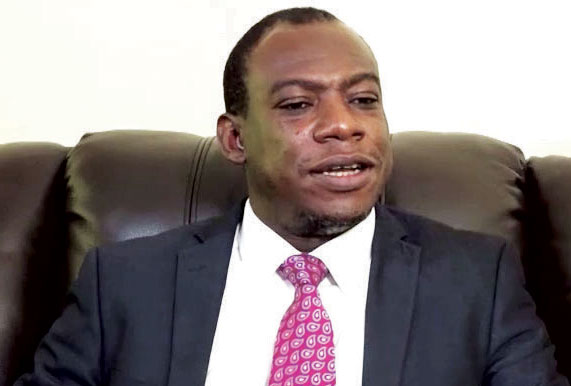Africa-Press – Malawi. The decision by the High Court against the determinations of the Office of the Ombudsman are only meant to stop the Ombudsman from overreaching her mandate and not necessarily to quash them, it has been learnt.
The Office of the Ombudsman, especially under Martha Chizuma who is now Anti-Corruption Bureau Director General, has made some earth-shaking decisions nullifying the employment of some officers in government agencies and ruling that they should not be paid their due for the years they have worked under ‘illegal’ employment.
A week after the court overturned Ombudsman’s determination over the conditions of some employees at Malawi Communications Regulatory Authority (Macra), the court has also thrown out a case involving Agricultural Development and Marketing Corporation (Admarc).
Admarc challenged the office’s determination to compensate an employee who was fired on January 7, 1997. In the case, the judgment falls under judicial review case number 137 of 2018 between the State (Admarc) as claimant and the Ombudsman as defendant.
The employee had lodged a complaint with the Ombudsman of unfair dismissal in July 2013 and the Ombudsman made her determination in February 2019, faulting Admarc for dismissing the employee unfairly.
The Ombudsman ordered Admarc to calculate and pay the employee salary he lost from the date of dismissal to the date of the determination and that the payment should be based on the current salary of a Unit Market Officer.
Admarc was also ordered to pay the complainant an equivalent of five years’ salary as compensation for unfair dismissal to be calculated based on the current salary of a Unit Market Officer.
The Ombudsman also asked Admarc to negotiate with the employee other claims relating to food and accommodation allowances whilst he was on field trips during suspension, leave grant, transfer allowance, lost property and repatriation costs and that all monies be paid by May 30, 2019.
Admarc challenged the Ombudsman before the High Court and Judge Michael Tembo in his June 23, 2021 judgment faulted the Ombudsman’s determination, saying she did not properly assume and exercise her jurisdiction in the matter. Tembo further said the remedies granted by the Ombudsman were excessive and without legal basis.
“In the circumstances, this Court agrees that the awards made by the defendant (Ombudsman) were excessive, making them unreasonable in that if the defendant was properly guided the same would not have been made,” reads the judgment in part.
The judgment further reads: “This Court therefore does not agree with the contention by the defendant that she exercised her jurisdiction herein in accordance with the constitutional and statutory dictates as alluded to by the parties herein.
“Consequently, this Court quashes the decision of the defendant and grants the orders sought by the claimant (Admarc) on this application.”
The court observed that the Ombudsman should have appreciated that the matter concerned unfair dismissal which was a matter for which a remedy was always readily available before the courts hence falling outside her jurisdiction.
The court observed that the complainant’s claim became statute barred for not seeking remedy for many years at the court when the Constitution was operational.
Last week, the Industrial Relations Court in Lilongwe also suspended another determination by the Ombudsman for Macra to fire employees she deemed to have been illegally employed. Chizuma also nullified employment contracts for several other employees at Malawi Energy Regulations Authority.
Commenting on the developments, a political analyst feared that government could pay huge costs on the several determinations the Ombudsman has made should those who feel aggrieved challenge the decisions.
“That may cost government a lot of money because if those people win in their appeal, they will demand huge compensation,” Catholic University political analyst Hopkins Kawaye said. Kawaye said the trends may move all other people that were fired through the Ombudsman’s determinations too appeal their cases in court.
On the other hand, University of Malawi political analyst Ernest Thindwa said the Ombudsman’s determinations can be challenged just as any determination from all courts but the Supreme Court of Appeal.
“Any determination is subject to challenge whether it is by the Ombudsman or any court. It is only the Supreme Court determination that cannot be challenged,” said Thindwa.
He said those challenging Ombudsman’s determinations are simply exercising their rights. And legal expert and former Dean of Law at the University of Malawi Sunduzwayo Madise said there is no trend that the Ombudsman’s determinations are being quashed.
Madise said the law provides that the office’s determinations can be reviewed by the High Court as sometimes it could overreach its jurisdiction. He said for example, in the Admarc story, the High Court found that the Ombudsman over reached her jurisdiction.
But Madise said the Ombudsman needs to be respected because she has to do her work as mandated by the law. With regard to the Macra issue, Madise said the court only gave an interim relief to the employees until the matter is resolved and not necessarily quashing her determination.






